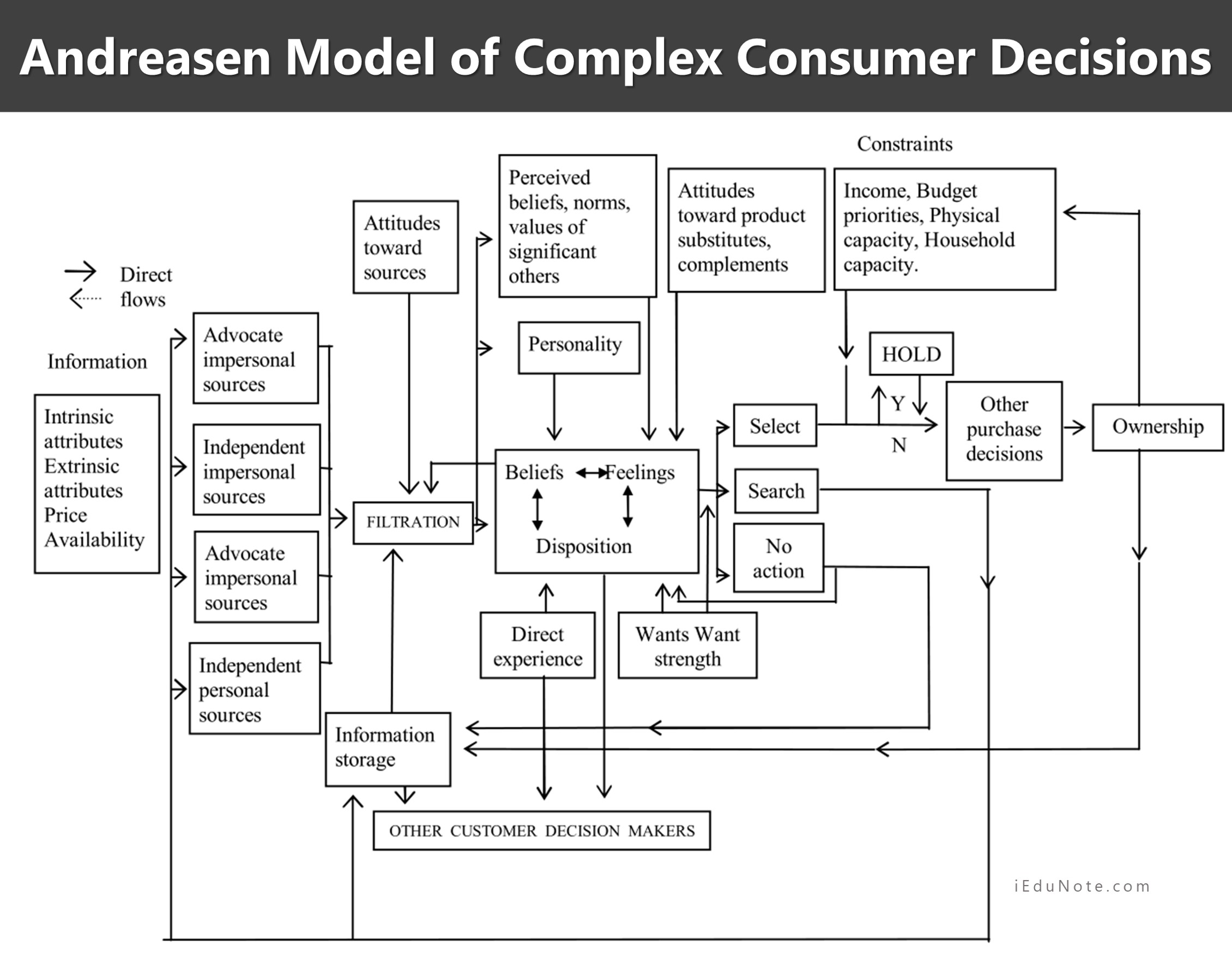Cultural values and norms change. Changes are occurring in both core and secondary beliefs and values. All of the changes and the absence of change have important implications for marketing practice as they change consumer behavior.
Even in a traditional culture like ours, many changes have taken place over the last few decades, profoundly impacting our consumption and lifestyles.
Change is an evolutionary process that four factors can accelerate.
The marketing executive must analyze the changes occurring in the culture in order to see how they have shaped the marketplace.
Unquestionably, these changes create many new market opportunities and destroy existing ones. Let us discuss the above factors in the following sections:
Technological Changes
Technology is changing every day bringing new products to the marketplace. The availability of these new products has radically changed our lifestyles and consumption pattern.
For example, automation and information processing technology have transformed the very nature of work. Medical technology has provided control over the birth of children.
Development in food processing technology had made available a number of food items throughout the year, which was unthinkable before such technological development took place.
Other technological developments have made available products like mineral water, instant food items, cable television channels, and so on. All of these brought significant changes in our consumption patterns.
Conflicts Between Existing Values
Values are also changing among cultures. For example, one of the core values of our culture is parent oriented family and family dominated by males. With modernization and increased urbanization, this value is eroding.
Mass media have provided extensive exposure to alternative value systems and lifestyles. This creates conflict with our traditional value system.
Those who will hold the traditional one will behave quite differently from those who accept the value change in their consumption behavior.
Exposure to Another Culture’s Values
People’s consumption behavior also changes because of exposure to other cultures. This is known as cultural diffusion.
Cultural diffusion basically means changes in people’s consumption and lifestyles as their cultures are exposed to others. Several reasons may be identified as causing cultural diffusion.
Some of the notable reasons are bilateral/multilateral agreements, trade arrangements, exchange and visits of cultural, sports, academic, and other groups, migration, development of jet and satellite communications, and the popularity of sky culture.
These give opportunity to people to get to know each other’s cultures and also adopt some of their cultural traits in terms of consumption.
Cultural diffusion brings significant changes in people’s purchasing habits. The popularity of jeans in Eastern in the early 1980s, eating out habits, changes in women’s fashion, and the method of urban entertainment are all examples of the impact of cultural diffusion.
Marketers should keep a close eye on cultural diffusion and consequent changes in consumption to adapt their marketing strategies accordingly.
Dramatic Events
Events or happenings that are not anticipated may be termed dramatic events. Happening of such events in a particular culture has impacts on marketing decisions as they affect consumer behavior.
Dramatic events may alter the existing way of life in terms of art, sports, fashion, and so on.
It is an important, though difficult, task for marketing managers to be aware of the extent and nature of cultural changes as they relate to consumer behavior.
After realizing the changes, they should adapt their products, prices, distribution, and promotion appropriately to ensure their long-term existence in the marketplace.

